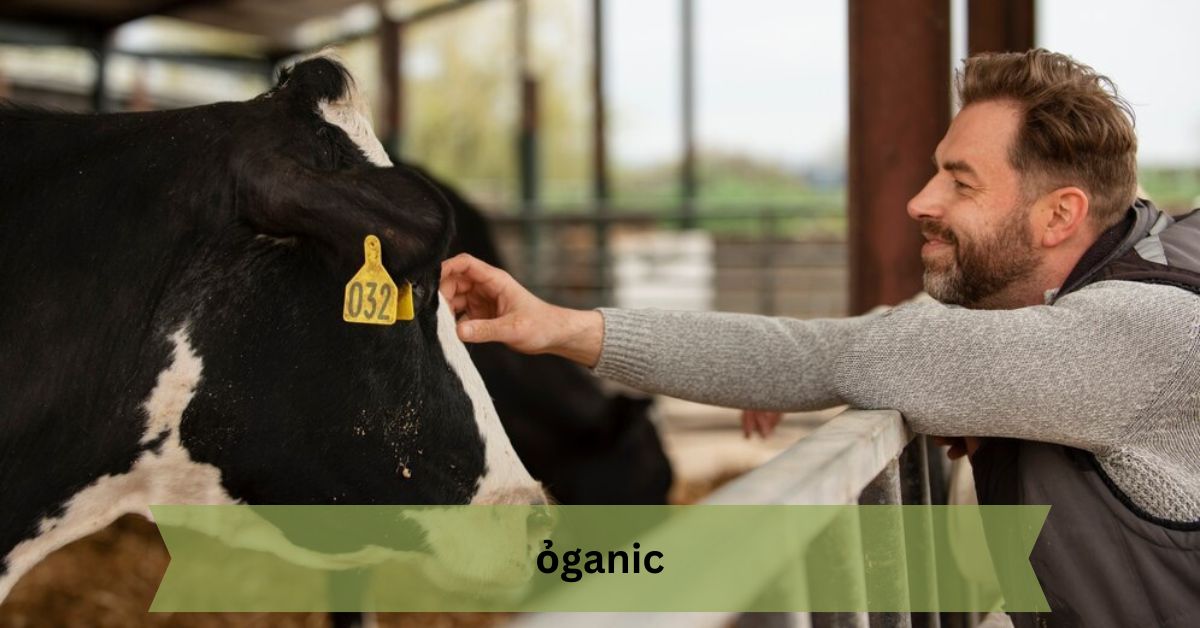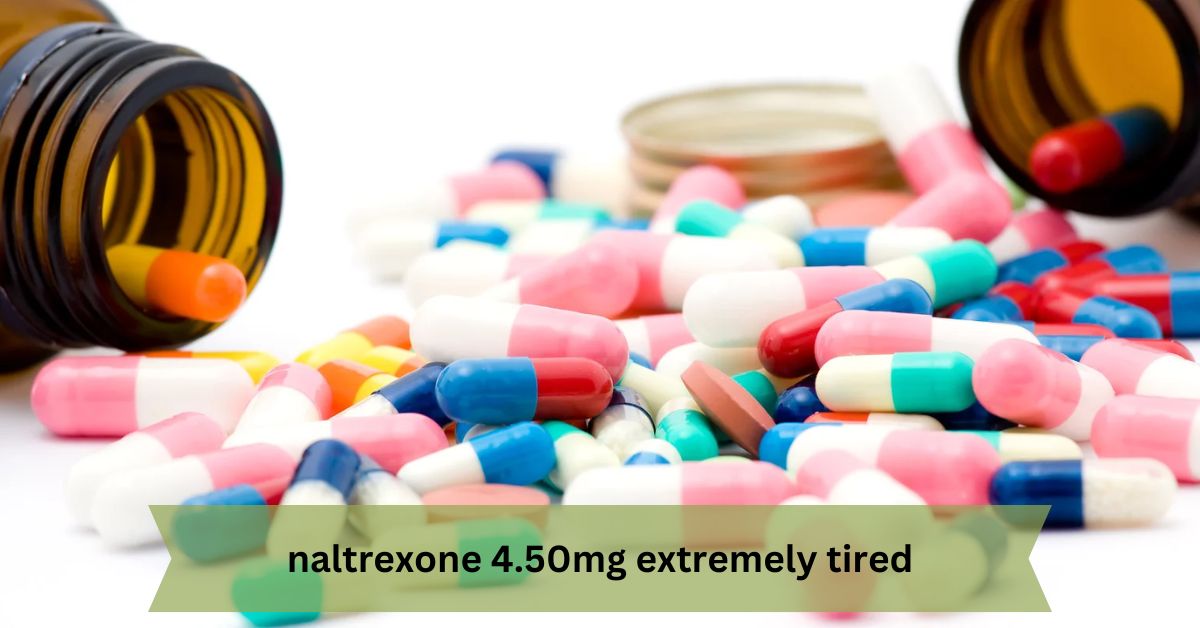The term “ỎGANIC” has surged in popularity as consumers seek natural, synthetic-free products. This guide explores what “ỎGANIC” means, its impact on various industries, and its significance. By the end, you’ll understand the benefits of “ỎGANIC” products and why they matter.
What Does ỎGANIC Mean?
The term “ỎGANIC” is derived from the broader concept of organic agriculture, which emphasizes the use of natural methods for farming and production. In essence, “ỎGANIC” products are those grown or produced without synthetic chemicals such as fertilizers and pesticides. This approach aims to maintain soil health, promote biodiversity, and reduce environmental pollution.
Key Characteristics of “ỎGANIC” Products
- Natural Growth Methods: “ỎGANIC” products are cultivated using natural methods. This means avoiding synthetic chemicals and opting for natural alternatives like compost and organic fertilizers.
- Sustainable Practices: The organic farming approach focuses on sustainability. This involves practices that conserve water, improve soil health, and reduce the carbon footprint.
- Biodiversity: Organic farming encourages biodiversity by rotating crops, using natural predators, and maintaining habitats for wildlife.
- No GMOs: “ỎGANIC” products are free from genetically modified organisms (GMOs). This means that the crops have not been altered through genetic engineering.
- Animal Welfare: In organic animal farming, animals are raised in conditions that allow for natural behaviors and are provided with organic feed and access to outdoor spaces.
Benefits of “ỎGANIC” Products
Health Benefits
- Fewer Chemicals: Since “ỎGANIC” products are grown without synthetic pesticides and fertilizers, they generally contain fewer chemical residues. This can be beneficial for those concerned about chemical exposure.
- Nutritional Value: Some studies suggest that “ỎGANIC” fruits and vegetables may have higher levels of certain nutrients, such as antioxidants and vitamins.
- Better Taste: Many people find that “ỎGANIC” products have a superior taste compared to their conventionally grown counterparts. This is often attributed to the natural growing methods and soil health.
Environmental Benefits
- Soil Health: Organic farming practices, such as composting and crop rotation, help improve soil health and fertility. This can lead to more resilient agricultural systems.
- Water Conservation: Organic farming often uses less water than conventional methods, as it focuses on maintaining soil moisture and reducing runoff.
- Biodiversity: By avoiding synthetic chemicals and fostering natural ecosystems, organic farming supports a diverse range of plant and animal life.
Ethical Benefits
- Animal Welfare: Organic farming standards include humane treatment of animals, which means that animals are given access to outdoor spaces and are raised without antibiotics or growth hormones.
- Fair Trade: Many organic products are also certified fair trade, ensuring that producers are paid fairly and work under good conditions.
How to Identify “ỎGANIC” Products
Organic Certification
To ensure a product is genuinely “ỎGANIC,” look for certification labels from recognized organizations. In the USA, the USDA Organic seal is the most common certification and guarantees that the product meets organic standards.
Reading Labels
When shopping for “ỎGANIC” products, carefully read labels to check for certifications and to understand the product’s ingredients. Products labeled as “100% Organic” contain only organic ingredients, while those labeled as “Organic” contain at least 95% organic ingredients.
The Growing Market for “ỎGANIC” Products
The demand for “ỎGANIC” products has been steadily increasing, reflecting a shift towards healthier and more sustainable living. This growth is driven by a combination of consumer awareness, environmental concerns, and a desire for better quality products.
Market Trends
- Increasing Availability: “ỎGANIC” products are becoming more widely available in supermarkets, health food stores, and even online. This increased availability makes it easier for consumers to choose organic options.
- Diverse Product Range: The range of “ỎGANIC” products has expanded beyond fruits and vegetables to include dairy products, meats, snacks, and even beauty products.
- Price Considerations: While “ỎGANIC” products can be more expensive than conventional ones, many consumers are willing to pay a premium for the perceived benefits.
Challenges Facing the “ỎGANIC” Industry
Supply Chain Issues
The organic supply chain can face challenges such as limited availability of organic ingredients and higher production costs. These factors can contribute to higher prices for “ỎGANIC” products.
Certification Costs
Obtaining organic certification can be costly for producers, particularly for smaller farms. This can limit the number of new entrants into the organic market.
Mislabeling
There is a risk of mislabeling or false claims about products being “ỎGANIC.” Consumers should be vigilant and look for reputable certification labels to ensure they are purchasing genuine organic products.
FAQs About “ỎGANIC” Products
1. What does “ỎGANIC” mean?
“ỎGANIC” refers to products grown or produced using natural methods, avoiding synthetic fertilizers, pesticides, and GMOs. It emphasizes sustainability and environmental health.
2. Are “ỎGANIC” products healthier?
Many people believe “ỎGANIC” products are healthier due to lower levels of synthetic chemicals and potentially higher nutritional value. However, more research is needed to confirm these benefits.
3. How can I identify genuine “ỎGANIC” products?
Look for certification labels like the USDA Organic seal. Reading labels carefully can also help you ensure a product meets organic standards.
4. Why are “ỎGANIC” products more expensive?
“ỎGANIC” products can be more expensive due to higher production costs, including organic certification fees and the use of natural growing methods.
Conclusion
Understanding “ỎGANIC” helps you make informed choices about your health and the environment. As demand rises, staying informed ensures your choices align with your values. Choosing “ỎGANIC” supports a sustainable and ethical food system, benefiting both people and the planet.



